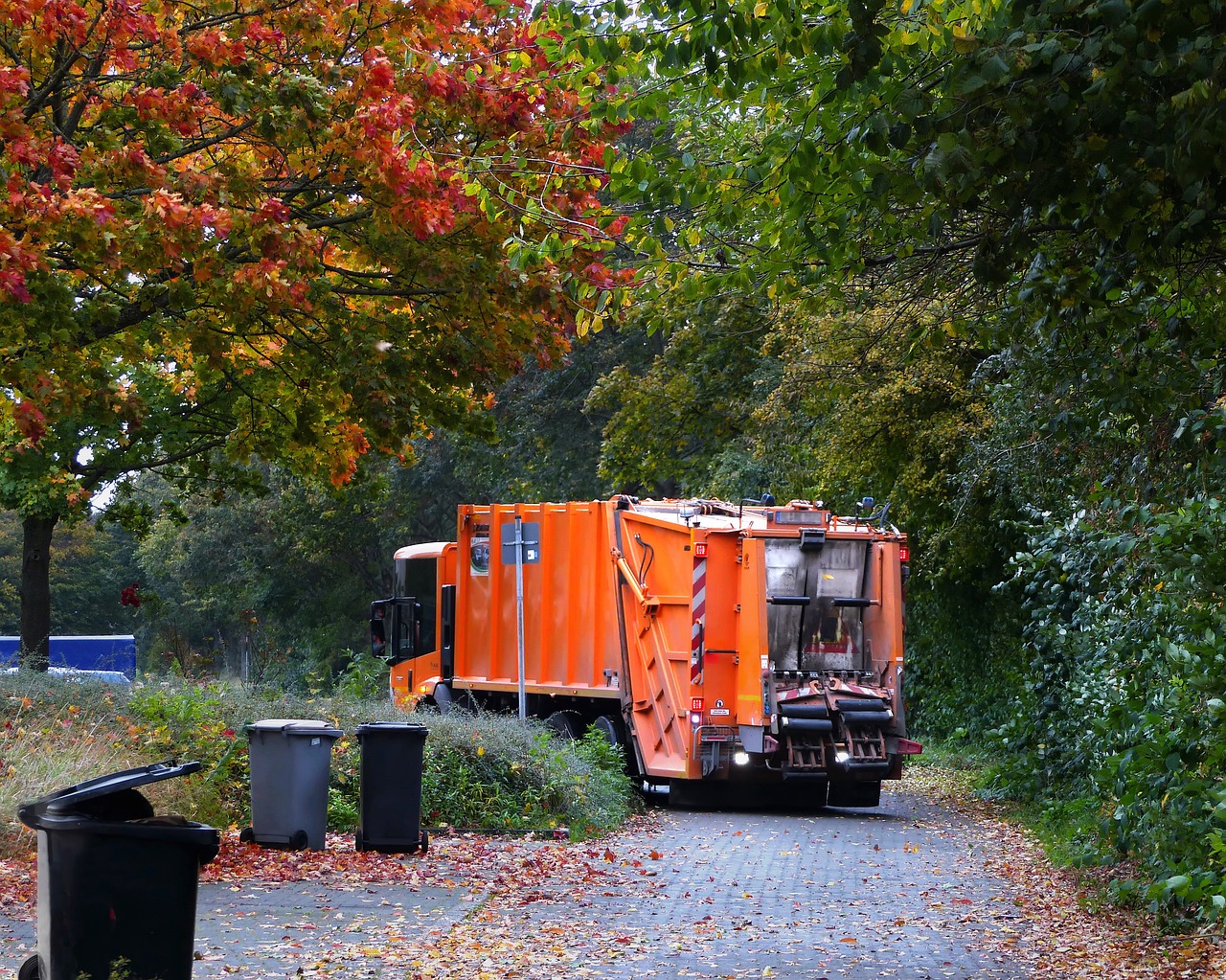Cyprus could face massive fines from the EU due to its shortcomings in the area of waste management, the environment commissioner warned on Thursday.
Speaking to the public broascaster, Antonia Theodosiou spoke of “an extremely worrying state of affairs”.
She said Cyprus is at imminent risk of facing fines “as the European Commission sets out certain targets for the amount of waste generated by a country and how that waste is managed”.
However, she added she is confident that, with “the necessary will” and the policies pursued by the current government, these problems can be dealt with in 2025.
Back in November, the European Commission said it was “closely monitoring” the waste management situation in Cyprus.
It recalled how in 2021 it had sent a letter of formal notice to the Cyprus government where “in that case, the Commission considers that Cyprus has breached the waste legislation as it has failed to ensure that waste is subject to an adequate treatment before being landfilled.”
Brussels also said that Cyprus has “failed to establish an integrated and adequate network of waste management installations for mixed municipal waste, including installations for the treatment of waste before landfilling”.
In 2023 the EU had issued an ‘early warning report’, according to which Cyprus risks missing recycling targets set by the Commission for the year 2025. The Commission had set targets of 55 per cent of municipal waste and 65 per cent of packaging waste being recycled by 2025.
Another target set by the EU was that no more than 10 per cent of municipal waste be sent to landfill by 2035.
The report found that the rate of municipal solid waste being recycled in Cyprus in 2020 was just 16.8 per cent – a figure way short of the EU targets. At the same time, a total of 67 per cent of municipal waste was being sent to landfills – over six times the EU target maximum.
For her part, Theodosiou on Thursday highlighted the inadequate management of waste by municipalities.
She said that municipalities constantly cite the high costs involved.
But, she added, the cost of remediating an illegal dump is higher than operating a lawful waste management facility.
The commissioner called on the central state and local government authorities to work together to achieve “practical and effective” waste management. The majority of waste gets generated from urban and semi-urban areas.
Theodosiou mentioned in particular the example of Curium municipality. A legal landfill operates in Vati, but close to it there is also a space where people engage in the fly-tipping of rubble and debris.
She asked why the local municipality has not intervened to end this illegality.






Click here to change your cookie preferences